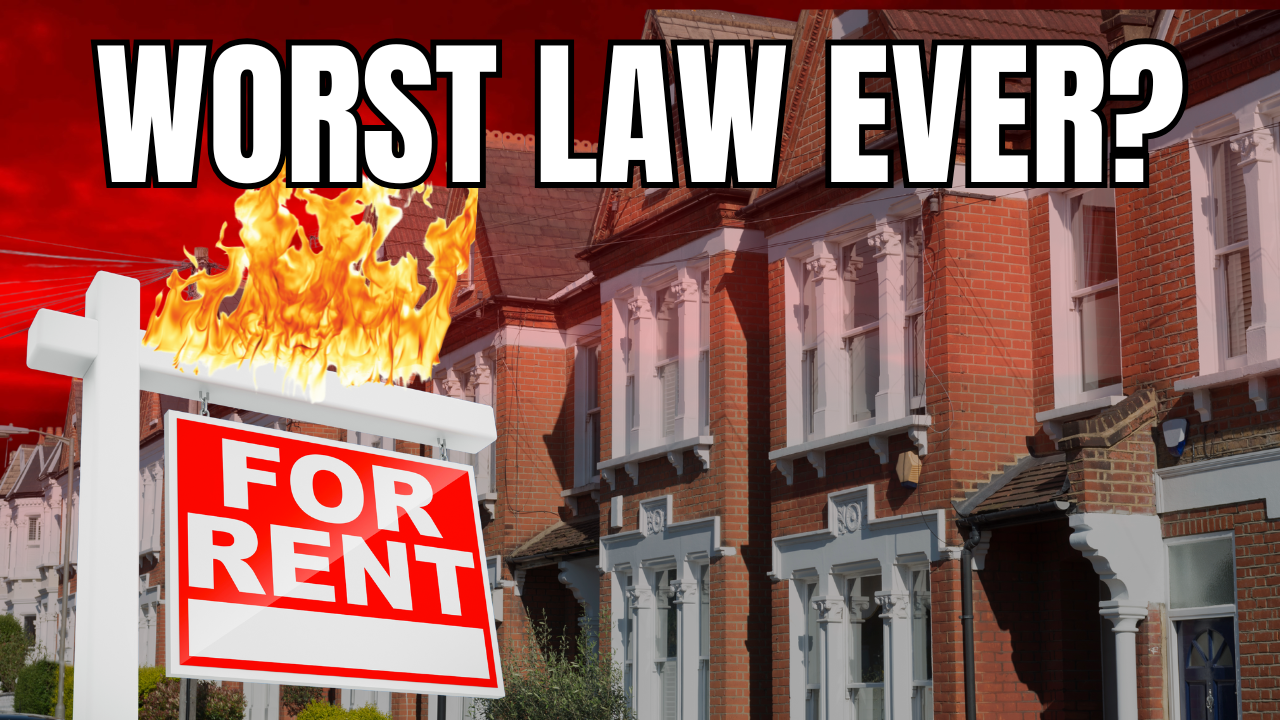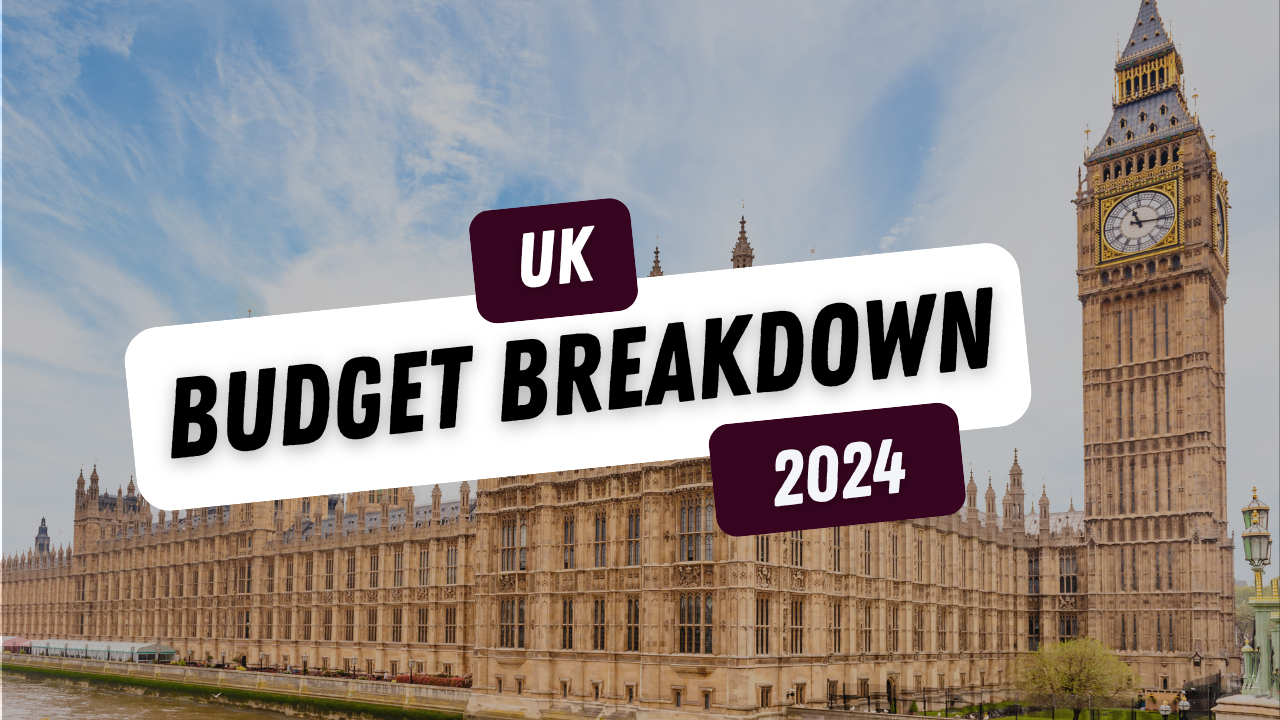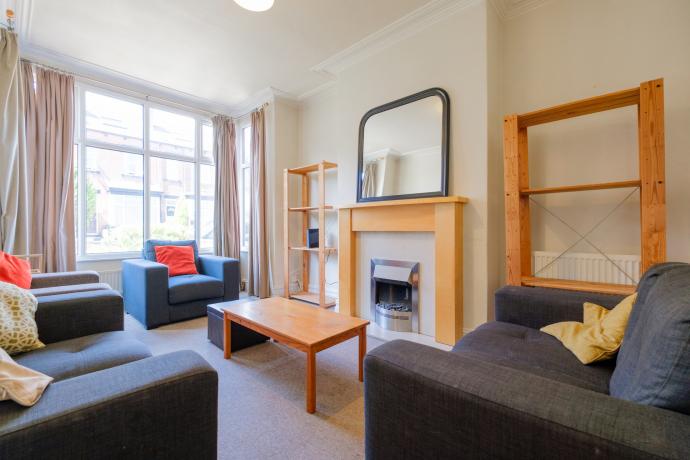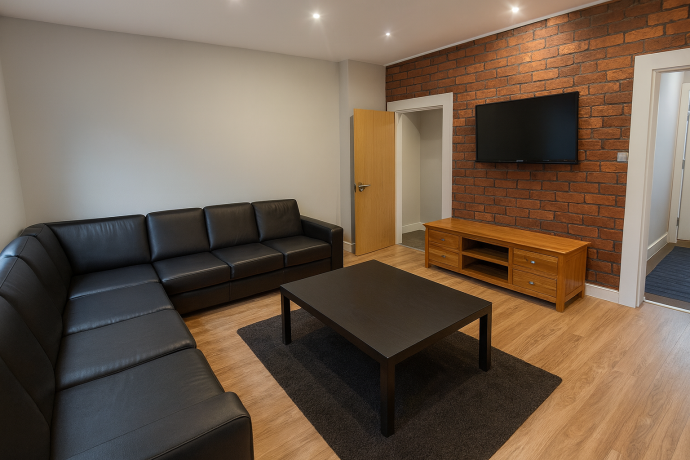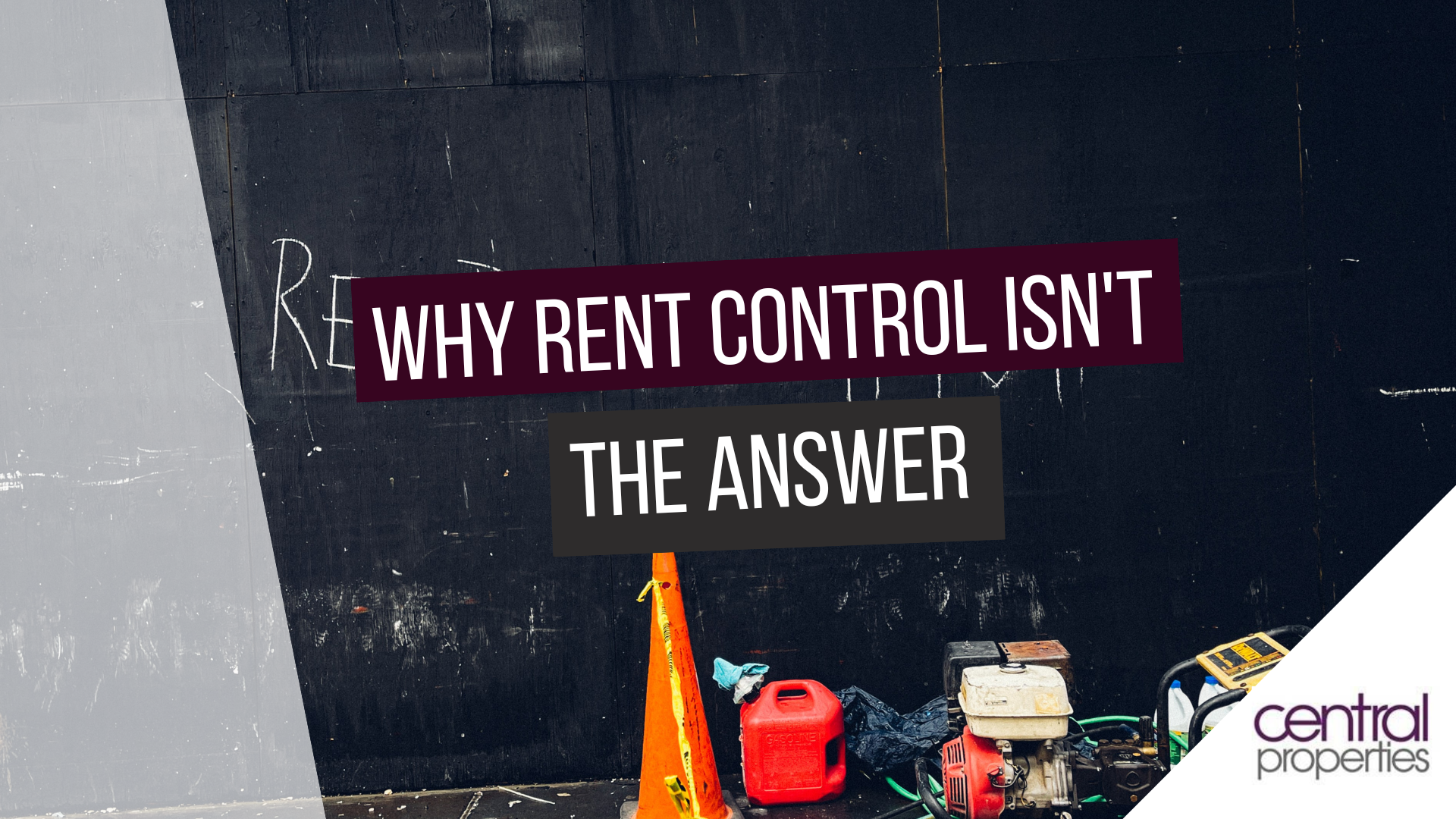
This week Nicola Sturgeon announced a freeze on rents and an eviction moratorium across Scotland until AT LEAST 31 March 2023.
This announcement will require emergency legislation to be put into law but it looks as though it will be backdated to 6 September 2022, thereby preventing landlords from increasing the rent now in order to get ahead of the changes.
This has sent shockwaves around the UK landlord community, for good reason, and has re-ignited the age old debate of whether rent controls are effective in helping stabilize affordability issues within a housing market.
What is rent control?
Rent control is a broad term for legislation that limits rental rates in a city or town, and can be grouped into one of three categories:
1. First generation rent control – This is where a hard cap on rents are fixed to a specific historical time (as Nicola Sturgeon has just announced).
2. Second generation rent control - This allows rents to rise but they are controlled by a public body which sets them on some basis. This was prevalent across the UK in the latter half of 20th century via the Rent Act 1977, before being superseded by Housing Act 1988.
3. Third generation rent control – This is where rents float more freely and seeks to fix them at a rate that is more closely linked to the market. So mechanisms that limit rent increases to the Retail Price Index (RPI) or a similar index fall into this group.
Third generation rent control was called for by Jeremy Corbyn in his 2015 Prime Ministerial campaign, as well as by Sadiq Khan who proposed rents were linked to RPI across London due to affordability issues.
Why rent control is a bad idea
The UK has history with rent control via the Rent Act 1977, and as someone who has seen firsthand the problem regulated tenancies cause, not just for landlords but primarily for the tenants themselves, I can see this is a disaster in the making for Scotland.
There is broad consensus that the Rent Act 1977 led to a reduction in quality of the UK rental stock and a failure to improve or invest in rental property. But why?
If a landlord's overhead costs continue to increase in an inflationary environment, including maintenance and repair costs, mortgage costs, energy costs etc., but the landlord is unable to match said increases in the rent, his profit is eroded until eventually the business becomes unviable (because not all landlords work on healthy margins) causing him to either sell the property (thereby removing another unit from the PRS) or choose not to carry out proactive property repairs so he can keep costs low and margins stable.
Assar Lindbeck, a Swedish economist who chaired the Nobel prize committee for many years, once reportedly declared that rent control is "the best way to destroy a city, other than bombing."
I'm not a fan of rent control. After all, my business revenue is taken from the management of rental properties. But unlike politicians who look to distract us from the cause of high rents and inflation, i.e. their woeful interreference in the economy and PRS for decades, as well as their failure to facilitate building new homes for decades, I can see longer term consequences just waiting to hit the Scottish PRS.
However, you need not take my word, the overwhelming consensus from economists is that rent control is a net negative. It's rare in academia for scholars to agree unanimously on anything, but economists almost unanimously agree that rent control is a bad idea.
Multiple studies have shown rent control rent control does more harm than good and that hurts the people it's intended to help. There are numerous examples of failed rent control experiments but lets look to America for a start.
Multiple studies have shown rent control rent control does more harm than good and that hurts the people it's intended to help.
San Francisco
Economist Rebecca Diamond and her team carried out a study examining the effects of rent control in San Francisco, a city notorious for high housing costs where rent control was brought in 1995.
People living in rent controlled areas became less likely to move — between 8 and 9 percent less likely, over the medium to long term.
The rent control policy also created a powerful incentive for landlords to either to convert rental units into condominiums (which are sold to owner occupiers and restricted from being used as rental properties) or to demolish old buildings and build new ones. Either course forced existing tenants — especially younger renters — to move.
There are two other important but invisible groups of people who are hurt by San Francisco's rent policy. First, there are people who want to move to the city, but can't. Second, converting apartments into condominiums reduces the supply of rental housing and raises rents. The authors' model estimates that the 1995 policy raised rents in San Francisco by 5.1 percent. That is certainly an unwelcome development in a region plagued by high housing costs.
Reducing housing affordability therefore pushed/kept more people in the rental market, thus increasing demand for rental properties and the rate of rent growth.
The five biggest cities with rent control in the United States are New York City, Los Angeles, San Francisco, Oakland, and Washington, D.C. and all five of those cities are among the top 10 most expensive cities for rent in the country.
That alone should be enough to create doubt in the minds of rent control advocates.
Why rent control is a bad idea (cont.)
Overall the negative consequences to rent controls are:
1. Increased tenant competition for a reduced rental stock as landlords exit the sector. Due to the higher demand for the remaining rental properties, landlords can raise their vetting standards for qualifying tenants, resulting in less-affluent income groups or individuals with lower credit scores being crowded out in favor of higher-income applicants with higher credit scores.
2. By restricting a landlord's ability to match rents to rising costs, lower profitability margins are inevitable. So in order to maintain cashflow some landlords may reduce (or even remove) proactive maintenance repairs, which lowers housing quality for renters.
3. Landlords will find it more difficult to finance their properties due to lower profit margins, causing more of them to exit the sector.
4. A significant expansion of local authority staff would be necessary to enforce rent controls, imposing a substantial new cost on budget-challenged cities. Who will pay for these additional administrative and regulatory costs if not through increased taxes on the citizens?
5. Based on academic studies, tenants in rent controlled areas will be reluctant to move, which freezes tenants mobility and therefore leaves fewer properties available for rent for people wanting to move to a city.
6. The beneficiaries of rent control are not necessarily the ones who need it the most. Tenants on middle-high incomes benefit from artificially low rents, leaving the poor and vulnerable to rent elsewhere. This is based on empirical evidence across multiple rent controlled zones.
7. Rent controls disincentivize property developers from building, resulting in lower levels of new rental accommodation being built. i.e. stagnant supply.
8. It is likely that such controls ultimately have very little impact on rising rents in the longer term. The basic theory of supply and demand confirms that rent control causes housing shortages which in turn reduces the number of low-income people who can live in a city.
Rapid inflation in rents is caused by demand outstripping supply of rental housing. Rent controls therefore make an existing housing shortage worse. Further, it hurts the very populations it is intended to help.
The only sensible way to increase affordability is to increase the supply of new rental accommodation to meet demand.
There are many people more qualified to talk on this aspect than I, but one way to encourage housebuilding would be to reduce planning bureaucracy and red tape for developers and incentive them via tax cuts and subsidies to build in income restricted areas.
By introducing a rent freeze in Scotland, Nicola Sturgeon has set the cat amongst the pigeons, and taken state intervention in private markets to a new level. The policy is likely to be challenged in the courts as landlords will claim it is in breach of the Human Rights Act. There is precedent for this type of landlord action defending their private property rights. In America during Covid Joe Biden and the Democrat party tried to force through a ban of evictions which was overturned by the courts.
The situation will be watched closely by policy makers, landlords and tenants across England to see what impact the policy will make of the Scottish PRS in the months to come.

Sources:
https://bit.ly/3Btfplq
https://bit.ly/3RQvCGJ
https://bloom.bg/2tWi43H
https://bit.ly/3BrKOVd
https://bit.ly/3BCqCAp


